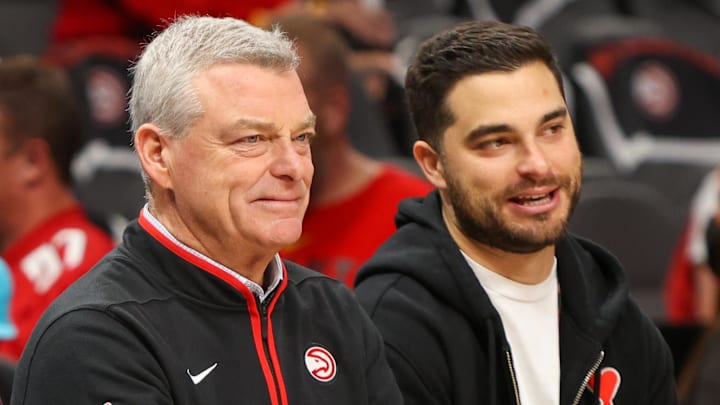Antony “Tony” Ressler headed the group that bought the Atlanta Hawks in 2015.
He is now set to extend his reach in the sports world. Among Ressler’s many business endeavors, he is co-founder of Ares Management.
“The NFL on Tuesday approved the introduction of private equity into team ownership, at last bringing a lucrative source of capital into the largest and most dominant U.S. pro sports league,” Front Office Sports’ Eric Fisher wrote on August 27.
“No governance rights in teams will be included in any of the deals. The involved firms will also be required to hold their team stakes for a minimum of six years. There is also a requirement in which the NFL will take a percentage of private equity stake sales, known as “carry.” The level of that fee will vary, but in concept, the practice differs from private equity policies adopted by other major U.S. leagues.”
The league can also force the sale of a firm’s stake if the firm violates league terms.
Private equity has been a polarizing subject in the sports world, with international firms among the most divisive subtopics.
Private equity firms investing in sports franchises is a fairly new movement, with Sportico’s Brendan Coffey reporting that the first occurrence was in 2006. That rapid expansion combined with rising TV revenue has directly impacted the rise in salary caps and spending.
There are some other notable details about what such firms can do.
Hawks owner's firm can buy into up to 'six teams'
“The highly anticipated league vote, taken in a special meeting held here, will allow private equity investors up to 10% of an individual team’s equity—below other comparable leagues that allow up to 30%,” Fisher wrote. “An approved firm can hold stakes in up to six teams. The vote to approve was 31–1, with the Bengals standing as the lone dissent.”
Ressler, whose son Nick Ressler is on the Hawks executive staff as Principal Advisor to the Governor, also owns a minority stake in Major League Baseball’s Milwaukee Bucks.
The governance rights are key in conjunction with the number of teams firms can invest in.
It is just another step in a trend that began less than two decades ago and which figures to continue to drive up the money tied to sports teams who have already seen valuations sky rocket in the modern era.
What will that mean for the Hawks, where Ressler is the principal governor? Probably very little in the grand scheme of things.
It is unlikely to buck the trend of the billionaire’s reluctance to pay the luxury tax for the roster.
The top teams tend to be the biggest spenders. But there is a legitimate argument for needing to see it before investing so heavily in it. For every success story, there are even more failures with roster turnover a normal thing in today’s NBA.
